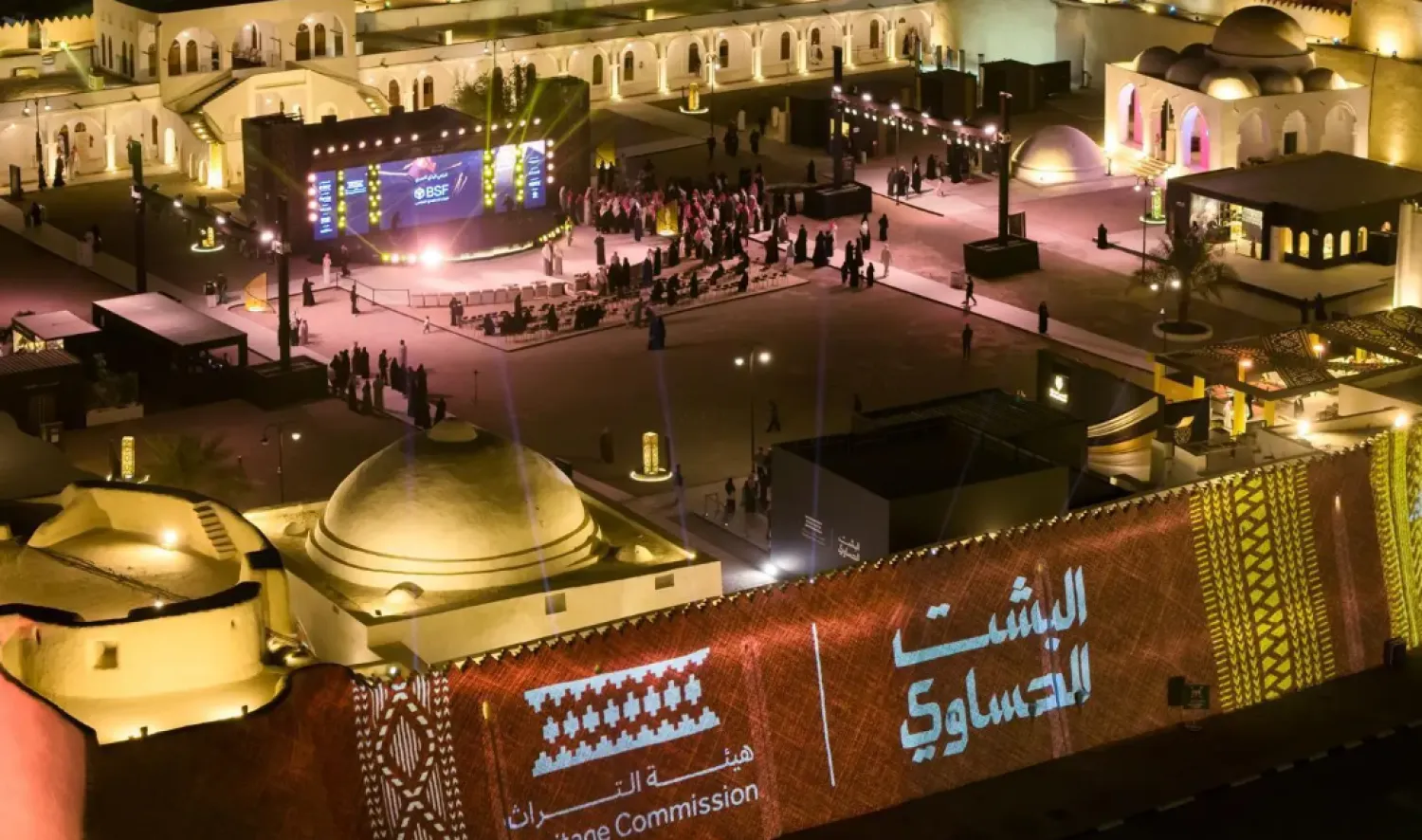The Ministry of Culture is set to launch Saudi Cultural Week in Greece, taking place from September 27 to October 1 at the historic Zappeion Hall in Athens.
The landmark event will offer visitors an immersive experience of the diverse cultural heritage of the Kingdom, showcasing the cultural exchange between Saudi Arabia and Greece and highlighting the shared values between the two nations.
Various commissions under the Ministry of Culture and Saudi cultural institutions will present multiple elements of Saudi culture. Craftsmen will display traditional arts and handcrafts, including the creation of the Bisht (a traditional men's outer cloak), weaving Al Sadu (traditional textile), and crafting Mibkhara (incense burners). Workshops will be organized to highlight these traditional arts, featuring collaboration between Greek and Saudi artisans. Visitors will have the opportunity to participate in conventional weaving and experience these time-honored crafts firsthand.
Attendees will also discover traditional Saudi fashion through collections by local designers, with pieces available for purchase, allowing visitors to take home a piece of Saudi fashion heritage. The Saudi fashion exhibition will also highlight contemporary designs and display attires from renowned creators in the field.
Throughout the five-day event, visitors can explore an exhibition of replicas of Saudi Arabia's historical artifacts, offering a glimpse into the Kingdom's vast heritage. Additionally, another exhibition will feature rare manuscripts that highlight the linguistic legacy of the Arabic language.
The event will include culinary experiences, with Saudi chefs conducting live cooking demonstrations of popular traditional dishes from the Kingdom. Saudi coffee, a cultural symbol of Saudi hospitality, will be served to visitors, and a boutique store will display Saudi food products such as dates and Madinah dried rose.
Moreover, the event will feature live performances of traditional Saudi music, dance, performing arts, and theater, showcasing the Kingdom's rich musical and performance arts heritage. Visitors can also enjoy screenings of popular Saudi short films.
Saudi Cultural Week in Greece aims to celebrate and encourage cultural dialogue and collaboration, featuring a variety of activities and exhibitions that showcase the Kingdom's cultural heritage, contemporary art, and culinary artistry. The event will provide a platform for shared cultural values and ongoing cooperation between Saudi Arabia and Greece.









